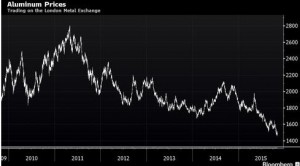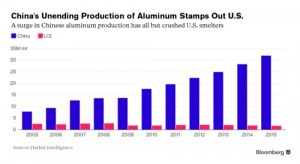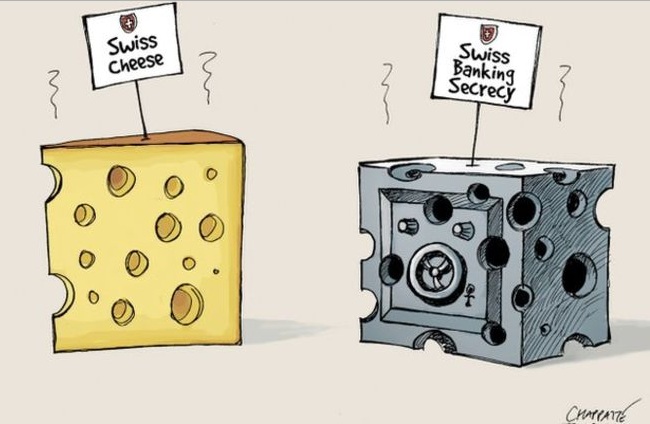Japan post sale may have been undervalued. The people’s bank and insurance company shares rose 20 percent immediately. The IPO was the biggest in the world this year and the largest since Alibaba’s record $25bn deal in 2014.
Shares in the parent company Japan Post Holdings closed up 20 percent. Shares of Japan Post Bank closed up 15% while Japan Post Insurance soared 56%.
The landmark debut marks the Japanese government’s largest asset sale in nearly three decades.
The listing is part of Prime Minister Shinzo Abe’s plans to boost the flagging economy by encouraging consumers to invest in the stock market.
About 10% of each company was sold to the public in the largest privatisation of a state-owned firm since Nippon Telegraph and Telephone in 1987.
The government allocated 80% of the shares to domestic investors, with the remaining 20% sold to international institutional investors.
The government plans to raise a total of 4tn yen in additional asset sales in the coming years.
It has said the funds will be used to help reconstruct areas hit by the 2011 earthquake and tsunami disaster.
Japan Post is headed up by Toru Takahashi, employs some 195,000 people, and has 24,000 post offices.
It also controls the country’s largest bank, Japan Post Bank, and Japan Post Insurance, the biggest insurer.
In February, the Japanese giant announced a $5.1bn offer for Australia’s Toll Holdings, the largest transport and logistics company in the Asia-Pacific region.
The deal, which went through for $4.6bn in May, has helped Japan Post become a leading global logistics player.
The Japan Post triple market debut, including its bank and insurance arms, is expected to occur in early November.
Japan Post employs some 195,000 people, and has 24,000 post offices.
It also controls the country’s largest bank, Japan Post Bank, and Japan Post Insurance, the biggest insurer.











